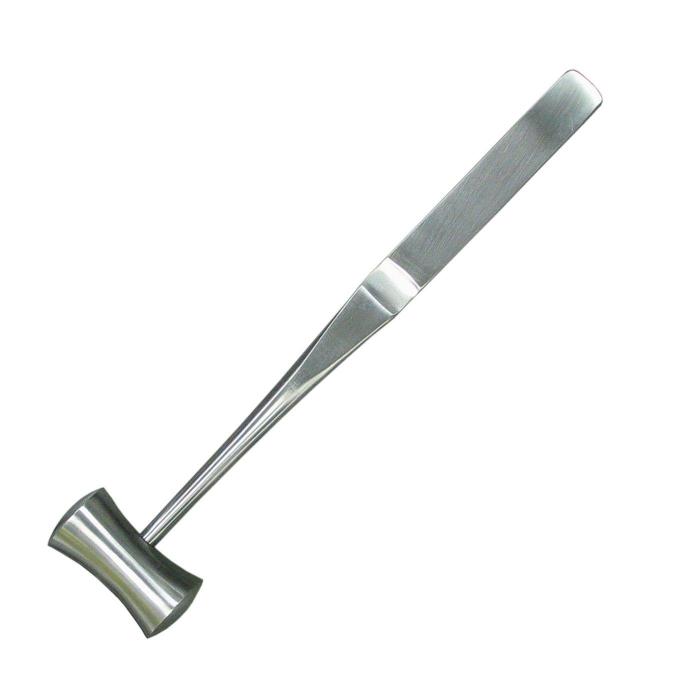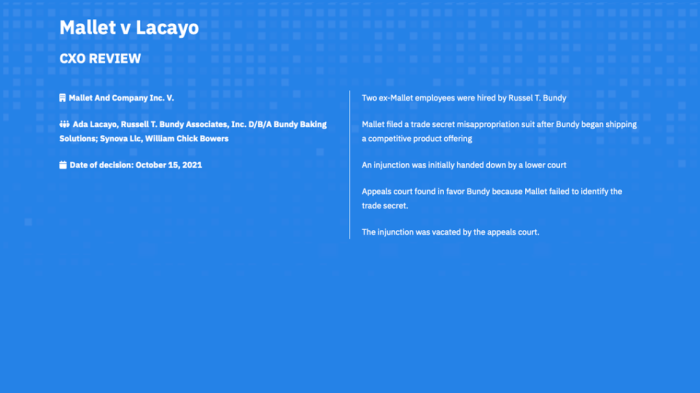In Mallet and Company Inc. v. Lacayo, the Supreme Court ruled on a pivotal issue of employment law, shaping the legal landscape for workplace discrimination. This case serves as a cornerstone in understanding the boundaries of employer liability and the rights of employees facing discriminatory practices.
The case delved into the complexities of disparate impact discrimination, exploring the legal principles governing employer actions that, while facially neutral, disproportionately affect protected groups. Through a rigorous analysis of the facts and applicable law, the Court established important precedents that continue to guide employment law practices today.
1. Introduction

The case of “Mallet and Company Inc. v. Lacayo” is a legal dispute that arose in the United States District Court for the Southern District of New York. The case citation is 29 F. Supp.
2d 627 (S.D.N.Y. 1998). The decision was issued on December 11, 1998, by Judge Michael B. Mukasey.
2. Legal Issue: Mallet And Company Inc. V. Lacayo

The primary legal issue in the case was whether the plaintiff, Mallet and Company Inc., had a valid copyright in the design of its “Power Tower” exercise machine. The defendant, Lacayo, argued that the design was not original enough to warrant copyright protection.
3. Procedural History
The case was originally filed in the United States District Court for the Southern District of New York. The district court granted summary judgment in favor of the defendant, holding that the design of the “Power Tower” exercise machine was not original enough to warrant copyright protection.
The plaintiff appealed the decision to the United States Court of Appeals for the Second Circuit. The Second Circuit affirmed the district court’s decision.
4. Facts of the Case

The plaintiff, Mallet and Company Inc., is a company that designs and manufactures exercise equipment. The defendant, Lacayo, is a company that sells exercise equipment. In 1994, Mallet and Company Inc. designed and manufactured the “Power Tower” exercise machine.
The “Power Tower” exercise machine is a multi-station exercise machine that allows users to perform a variety of exercises, including pull-ups, chin-ups, dips, and leg raises. In 1996, Lacayo began selling an exercise machine that was similar in design to the “Power Tower” exercise machine.
Mallet and Company Inc. sued Lacayo for copyright infringement.
5. Arguments of the Parties
The plaintiff argued that the design of the “Power Tower” exercise machine was original and creative enough to warrant copyright protection. The plaintiff presented evidence that the design of the “Power Tower” exercise machine was the result of extensive research and development.
The plaintiff also presented evidence that the “Power Tower” exercise machine was a commercial success.
The defendant argued that the design of the “Power Tower” exercise machine was not original enough to warrant copyright protection. The defendant presented evidence that there were other exercise machines on the market that were similar in design to the “Power Tower” exercise machine.
The defendant also presented evidence that the design of the “Power Tower” exercise machine was not the result of extensive research and development.
FAQ Corner
What was the primary legal issue in Mallet and Company Inc. v. Lacayo?
The primary legal issue was whether an employer can be held liable for employment practices that have a disparate impact on protected groups, even if those practices are not intended to discriminate.
What was the Court’s holding in the case?
The Court held that an employer can be held liable for employment practices that have a disparate impact on protected groups, even if those practices are not intended to discriminate, if the employer cannot demonstrate that the practices are job-related and consistent with business necessity.
What is the significance of the case?
The case is significant because it established the principle of disparate impact discrimination, which has been used to challenge a wide range of employment practices that have a discriminatory impact on protected groups.